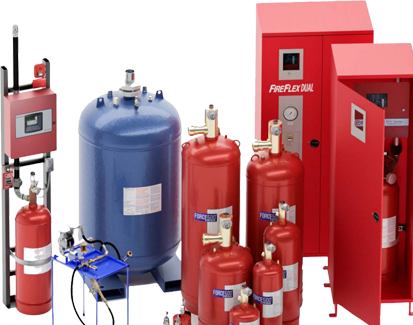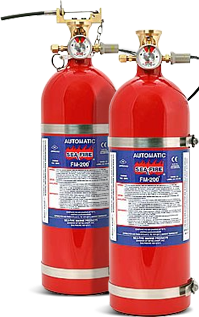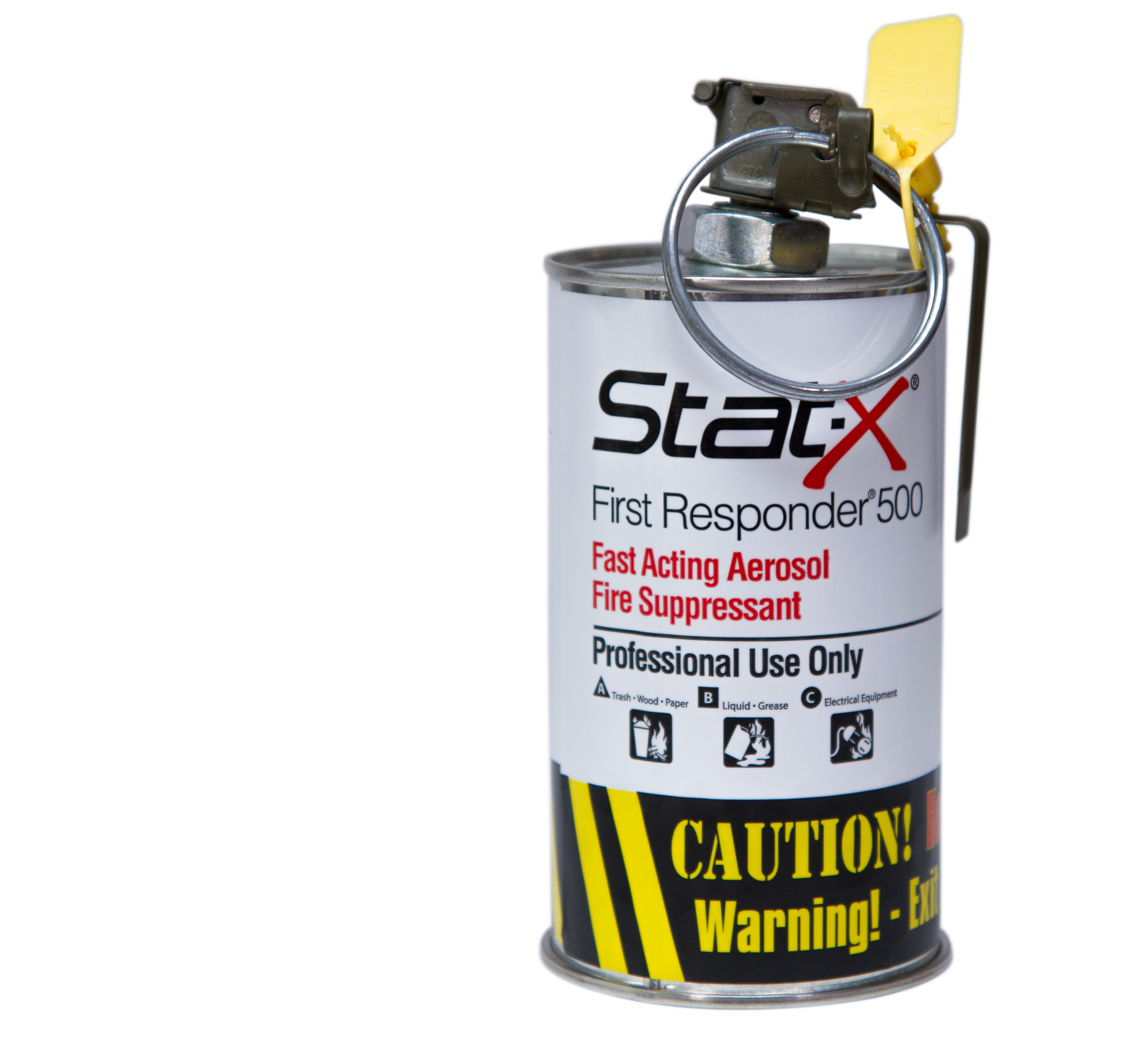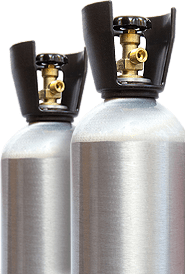Unravelling Halon: Safety, Replacement, and Recycling
Fire safety is of utmost importance when it comes to protecting lives and property, and among the various fire suppression systems out there, Halon was widely used for its effectiveness in extinguishing fires swiftly and efficiently. However, as environmental awareness grows, questions arise about Halon's safety, availability, and sustainability.
In this blog post, we'll delve into the world of Halon, exploring its properties, safety considerations, applications, and options for replacement and recycling.
What is Halon?
Halon, a gaseous fire suppressant, gained popularity in the mid-20th century for its exceptional ability to extinguish fires rapidly without leaving harmful residues. Its chemical composition typically includes bromine, fluorine, and carbon, making it effective in disrupting the combustion process.
Explore further
Halon works by chemically inhibiting the fire triangle elements - heat, fuel, and oxygen - thereby halting the fire's progression. However, the properties that make Halon highly effective in fire suppression have also raised concerns about its impact on the ozone layer, leading to international regulations for its phase-out.
Do I Have to Replace My Halon Suppression System?
If your property or facility has an existing Halon suppression system, you might be wondering whether or not you need to replace it. The answer is most likely yes but largely depends on the regulations in your region and the specifics of your system.
Due to environmental concerns, most countries and regions phased out Halon systems in new installations. Its production was stopped in 1993 under the Montreal Protocol, however, existing systems may be allowed to continue their operation in certain cases, provided they are well-maintained and regularly inspected for safety.
It's crucial to consult with local authorities and fire safety experts to determine the best course of action. Depending on your situation, they might recommend a suitable replacement fire suppression system that aligns with current environmental standards while ensuring the safety of your property and occupants.
Is Halon Safe?
While Halon has been highly effective in fire suppression, its safety aspects are often questioned due to its potential environmental impact. The primary concern with Halon is its contribution to ozone depletion. When released into the atmosphere, Halon can reach the stratosphere, where bromine atoms released during its breakdown can catalytically destroy ozone molecules, leading to a thinning of the ozone layer.
Considering this impact, it's essential to use Halon responsibly, adhere to recycling and disposal guidelines, and explore safer, eco-friendly alternatives for fire suppression. Investing in modern, sustainable fire suppression technologies can ensure the safety of your premises without compromising the environment.
Where is Halon Most Commonly Used?
Halon has applications in various industries and sectors, primarily where delicate and sensitive equipment or materials need protection. Some common areas of use include:
People also search
- Aviation : Halon has been widely used in aircraft fire suppression systems due to its effectiveness in extinguishing fires quickly without causing damage to electronics or avionics.
- Data Centers : Data centers house critical infrastructure, making them susceptible to fire hazards. Halon's ability to suppress fires without water or residue makes it an ideal choice for such environments.
- Museums and Archives : Valuable artifacts and historical documents can be vulnerable to fire damage. Halon's ability to protect without direct contact makes it suitable for these sensitive environments.
- Electrical Substations : Electrical fires can cause significant disruptions and damage. Halon's efficacy in extinguishing electrical fires has led to its use in these locations.
Can I Still Get Halon?
As the environmental impact of Halon became evident, its production became significantly restricted and, in many cases, completely banned in certain countries. However, due to the critical nature of some applications and existing installations, reclaimed Halon is sometimes allowed to be used as a temporary measure.
If you have an existing Halon system that requires servicing or refilling, it's essential to explore local regulations and consult with experts to identify the most appropriate action.
Is Halon Restricted?
Halon is restricted under international environmental agreements due to its ozone-depleting properties.
The Montreal Protocol, signed by numerous countries, aims to phase out the production and consumption of ozone-depleting substances, including Halon. As a result, the use of Halon in new installations has been discontinued in many regions.
How Do I Recycle My Halon?
Disposing of Halon irresponsibly can have severe consequences for the environment. Recycling Halon involves the safe recovery and reclamation of the gas, preventing its release into the atmosphere. Control Fire Systems offers Halon recycling services , which involve collecting and purifying Halon to ensure it can be reused or stored safely.
At the end of the day, while Halon has been an invaluable asset in fire suppression, its environmental impact necessitates responsible use and exploration of greener alternatives. If you have a Halon system, consider consulting with experts to assess its safety and compliance with regulations. Embrace modern, eco-friendly fire suppression technologies to protect your property and loved ones while safeguarding the environment.
Stay ahead in fire safety and environmental responsibility by exploring sustainable fire suppression solutions. Contact our experts at Control Fire Systems today to assess your fire protection needs and discover the best alternatives for a safer and greener future. Together, let's protect what matters most.














